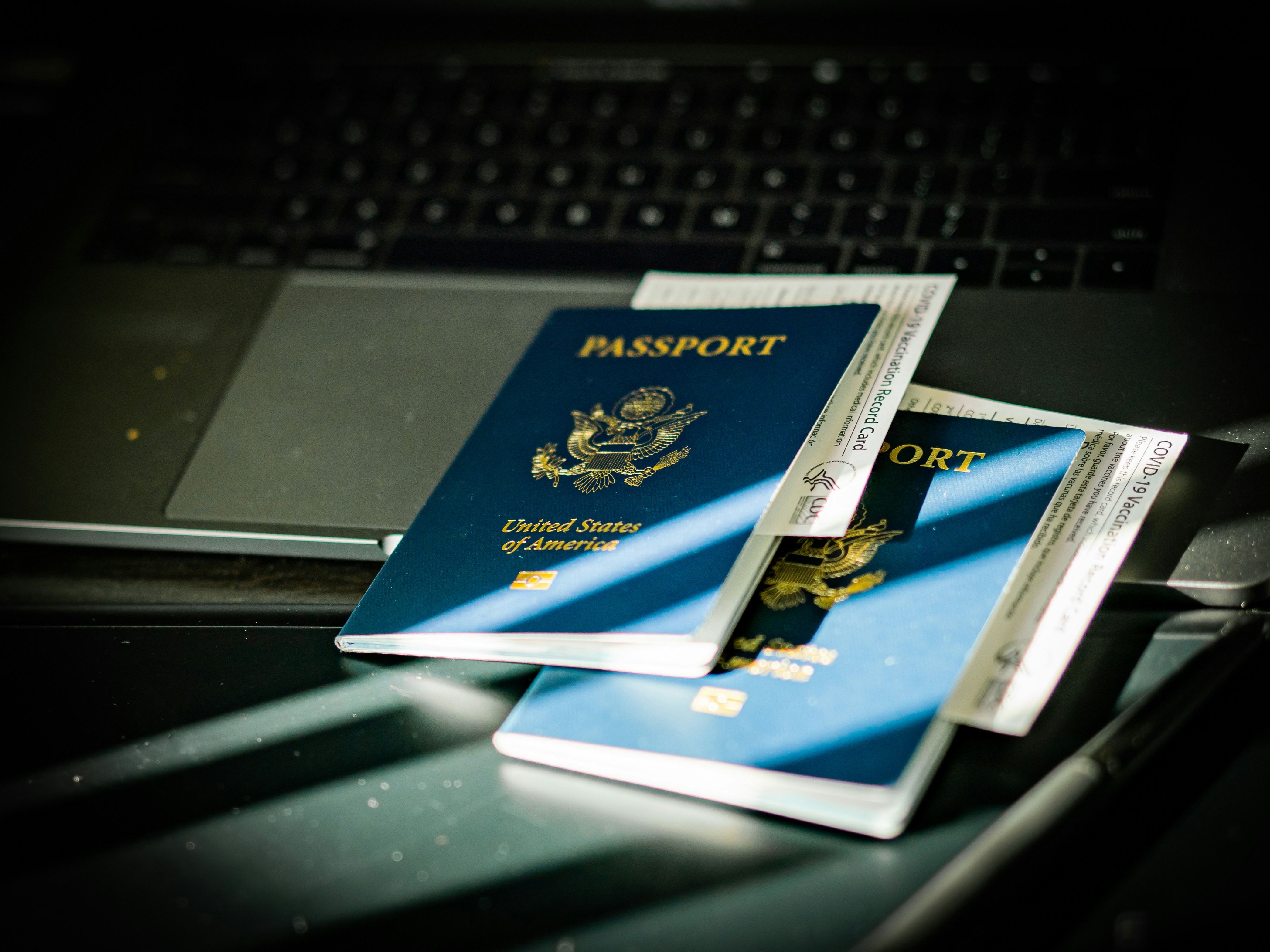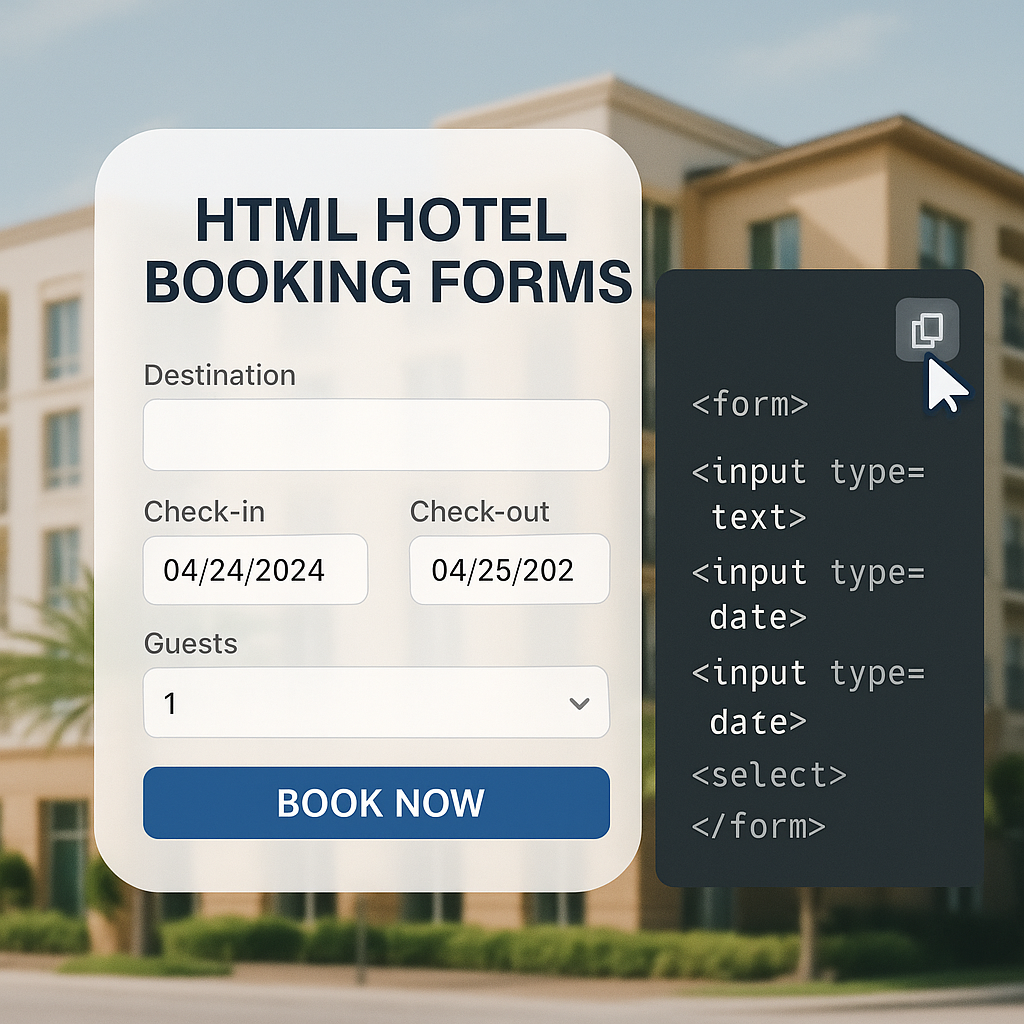How to plan a corporate event: Essential tips for organizers

Planning a corporate event is about more than picking a venue and sending invites. Modern events have transformed into dynamic, customized experiences shaped by cutting-edge tech, evolving workplace culture, and high attendee expectations. These considerations make it a significant challenge to deliver an engaging exhibition.
Our corporate event planning guide will outline what you need to know to run a successful event and offer actionable tips and strategies to ensure your next trade show, product launch, or gala is memorable and effective.
What is corporate event planning?
Corporate event planning involves organizing events that serve a bigger purpose for your business beyond simple networking. These events can boost morale, improve retention, and form profound bonds between the staff at all levels of your organization. A strategic corporate event allows companies to learn from, build, and develop their internal teams while acting as an anchor point for future successes.
Thoughtful planning pays off. Well-executed events create meaningful experiences that stick with your audience and help promote strong relationships.
4 types of corporate events
There are many types of corporate events, each with a specific purpose. It’s important to pick the type that aligns with your goals and brings value to your organization.
Team-building events
These events aren’t just for fun—they create a positive, supportive workplace where employees feel included and able to express themselves. Some popular team-building events include outdoor trips, virtual or in-person games like escape rooms, or trivia nights to help colleagues get to know each other.
Conferences and seminars
Conferences, seminars, and other educational events unite people to share knowledge, soft-launch new products, and plan future projects. Depending on their purpose and target audience, they can vary widely in size and scope.
Corporate conferences are typically larger and more comprehensive. They can be held over several days, while seminars and workshops focus more on exploring a single topic or targeting a specific industry.
Appreciation events
An appreciation event, like an awards ceremony, celebrates and recognizes the achievements of an organization’s employees or expresses gratitude toward their clients. It formally canonizes your team’s hard work and celebrates their wins, showing them they matter.
This type of event also extends to customer appreciation days. These are effective ways to build stronger relationships with clients and show them how much their support means to your business. They can be casual meet-and-greets, exclusive product previews, or tickets to sports games or performances.
Networking events
Networking events spark conversations and open doors to new opportunities. Exciting new connections form organically at happy-hour socials, alum meet-ups, or industry roundtables, and your event can help facilitate these interactions.
How to plan a corporate event in 6 steps
1. Define the event goals and objectives
Knowing the purpose of your event is a natural first step: Is your goal to educate, facilitate multi-level networking, boost brand awareness, or something else? A clear purpose aligned with your organization’s goals will help you define your target audience and desired outcome.
2. Set a budget
Setting a realistic budget keeps your event on track. It will also help you focus on your primary needs, such as the capacity of your venue, the specific activities you want to include, and the scope of your catering. Always ensure you have a buffer in case of unexpected expenses like last-minute substitutions or extra equipment.
3. Choose the right venue and date
Selecting an appropriate location for your event is critical to its success. You’re looking for a place within your budget that is aligned with your goals and sets the right tone and atmosphere. You’ll want to ensure the facility has all the required amenities—consider factors like accessibility, parking, and seating. Additionally, securing room blocks for attendees is essential for multi-day events or conferences. Partnering with a booking platform like Engine can simplify this process, ensuring your guests have convenient accommodations near the venue while securing better group rates.
4. Plan the event program
Create an event program that strikes the right balance between structure and flexibility. A well-ordered event should also offer a variety of activities and spaces to cater to different interests, making it enjoyable and meaningful for everyone involved. Divide the event into time slots to keep it focused and on target while allowing moments to recharge.
5. Coordinate vendors and services
Select the vendors and services that align with the type of event you’re hosting and the experience you want to create. This might include support like audio-visual equipment, technical services, interpreters, photographers, and videographers. Try to involve local vendors and community partners to develop a more authentic experience for your attendees, and keep costs down.
6. Promote the event
One of the most important parts of planning your event is getting the word out. Find out how best to reach your audience and use a mix of promotional channels, such as email campaigns, industry-specific ads, social media posts, or even a dedicated website to create more buzz.
In your promotions, include registration information, FAQs, and contact details for inquiries. Strong branding and eye-catching visuals will set the tone for the event and build excitement. If it fits the event, collaborate with sponsors or partner brands to expand your reach. Remember that event marketing doesn’t end when your first event is over—by collecting feedback, you can refine your promotional content for the next time.
Corporate event planning tips
Start planning early
Give yourself or your event planner plenty of time, especially if you’re working with a tight budget. A longer timeline lets you research vendors, secure better deals, and spot challenges ahead of schedule to establish your agenda well before a time crunch complicates the planning process.
Have a corporate event planning checklist
Develop a detailed checklist or agenda to keep everything on track. Project or event management software can streamline the process by helping you manage tasks, oversee logistics, handle registration and ticketing, and coordinate communications.
Leverage technology
Incorporating technology into your event can minimize errors and allow you to engage your audience through dynamic, interactive experiences. The right tech choices can improve the overall experience for your attendees, including simplifying their accommodations as they travel to your event. Engine’s Conference and Event solutions make managing group bookings easy and convenient. Engine also helps secure excellent group rates for your conference or event, alleviating financial stress for guests.
Have a contingency plan
Live events can be unpredictable, but planning for the “what ifs” will help you identify potential risks like weather, tech issues, medical emergencies, vendor cancellations, or security concerns. A more proactive approach will protect your organization’s assets and reputation and put your event on track for a successful outcome.
Gather feedback
After your event, hold a debrief with your event planners, wrap up any loose ends, and find out what worked and what didn’t. Using a dedicated platform like an app or Google Forms makes it easy to poll attendees. This valuable insight will help you measure success and identify areas for advancement so your future events will continue to improve.
Plan your corporate events with Engine
A well-planned corporate event is an opportunity to inspire, connect, and succeed. Careful planning will ensure the best outcome, whether you’re organizing a conference, team-building activity, or networking event. With Engine, you can simplify one of the most significant event challenges: hotel accommodations and bookings. Our centralized platform makes finding the perfect fit for your attendees easy and saves you money.
We handle the details so you can focus on what matters: making your event unforgettable.








.jpg)



.jpg)


![What is an OBT? [+ Why They Matter]](https://cdn.prod.website-files.com/66a41388b1be9ba182f1e80c/66f97c4190ac5e26bea90c05_66a41388b1be9ba182f1efc0_online-booking-tool.avif)






![How to Get the Best Hotel Deals and Rewards [Infographic]](https://cdn.prod.website-files.com/66a41388b1be9ba182f1e80c/66a41388b1be9ba182f1f257_Windsor_Hotel_-_in_winter.avif)







.jpg)






.avif)

.avif)

.avif)

